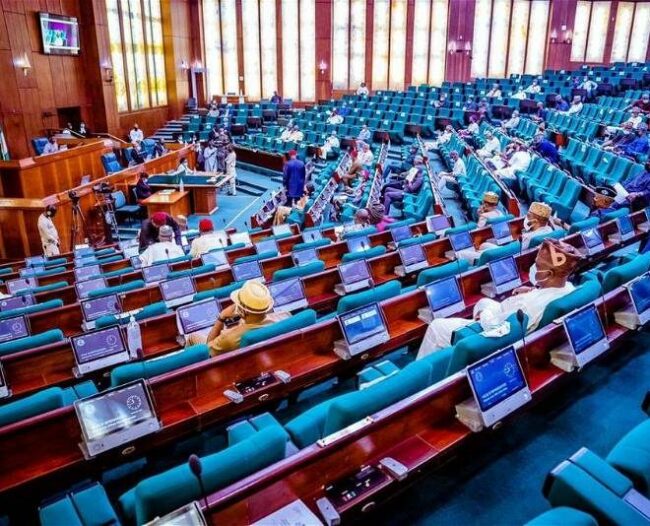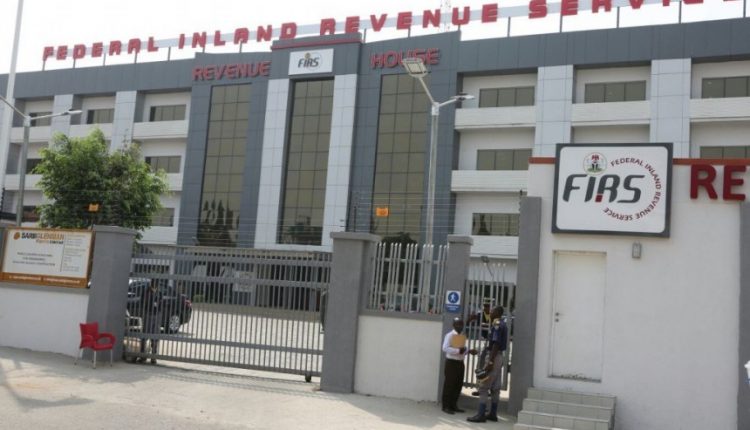The International Monetary Fund (IMF) has expressed support for the Central Bank of Nigeria’s (CBN) recent interest rate hikes and foreign exchange measures, describing them as suitable steps toward stabilising the economy.
This endorsement was given by Tobias Adrian, the IMF’s financial counsellor and director of monetary and capital markets, during a press conference on global financial stability report at the IMF/World Bank annual meetings in Washington D.C.
Speaking during the presentation of the Global Financial Stability Report, Adrian emphasised the importance of Nigeria’s macroeconomic policies amid global economic uncertainty. He acknowledged the efforts of the CBN in controlling inflation and stabilising the foreign exchange market, highlighting them as positive indicators of progress toward a sound monetary policy framework.
“Nigeria is a good example,” Adrian said. “The central bank has been transitioning to an inflation-targeting regime and has liberalised the exchange rate, which we welcome. The rate hikes implemented so far have been appropriate, especially given the challenges posed by high inflation, which still stands around 30 percent.”
The IMF noted that several countries are working with the institution to address issues like market access and debt sustainability. Adrian explained that despite rising financing costs compared to pre-2021 levels, conditions are expected to improve as inflation stabilises globally. “Frontier markets, including Nigeria, have been active in the debt market this year, and though access to financing is still more expensive than before, the overall issuance levels have been encouraging,” he added.
However, the IMF acknowledged the difficulties facing many citizens. “We recognise that many Nigerians are facing severe hardships,” Adrian said, referring to inflationary pressures and the aftermath of devastating floods that affected parts of the country. “It remains crucial for the CBN to remain vigilant. The macroeconomic conditions need to stabilise, which will create room to protect against external shocks.”
In addition to monetary policy, Adrian highlighted the significance of structural reforms to promote long-term economic growth in Nigeria and other emerging markets. “There is more to be done on structural issues to enhance the growth outlook,” he noted. “This is something we will address in greater detail during our regional economic briefings.”
When asked about foreign exchange interventions, Adrian reiterated the appropriateness of the CBN’s recent policies. “The various foreign exchange measures introduced by the authorities earlier this year were necessary,” he explained. “These steps have helped improve the country’s vigilance and overall financial stability.”
The IMF also stressed the need for continued efforts in strengthening the financial system, ensuring that banks are well-capitalised, and maintaining sound regulatory frameworks. “We are actively working with Nigerian authorities to build capacity in the banking sector, which remains essential for overall economic stability,” Adrian said.
The CBN’s policy actions have been under close scrutiny as Nigeria battles persistent inflation, currency devaluation, and fiscal challenges. With the IMF’s endorsement, these measures are likely to bolster confidence among investors and stakeholders looking for stability in the Nigerian economy.
“As inflation eases and interest rates normalise globally, we expect better funding conditions for frontier markets like Nigeria,” Adrian concluded. “The CBN’s proactive steps provide a foundation for long-term macroeconomic stability.”

 2 hours ago
6
2 hours ago
6









 English (US) ·
English (US) ·